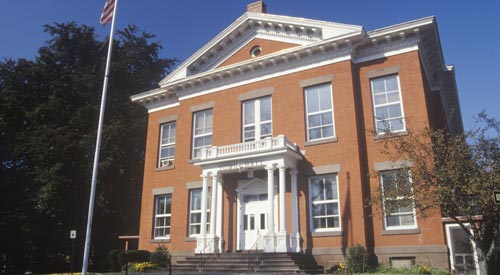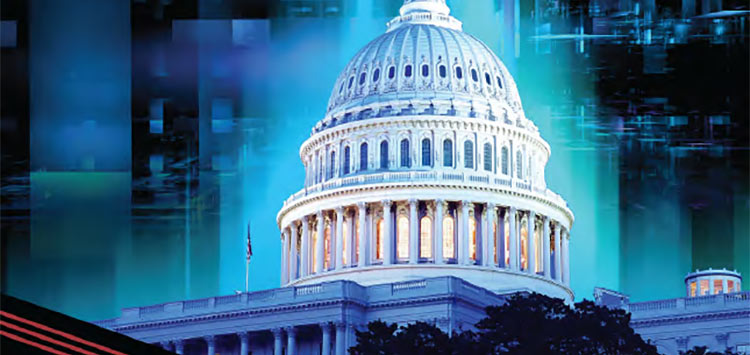Democratic Norms Are Under Attack, and Not Just by Trump
Governing: Shortly after last year’s election, Andrew Reynolds made a startling assertion. The University of North Carolina political scientist, who had helped devise a formula for measuring the vitality of democracies, wrote a newspaper column claiming his state’s restrictions on voting and its unwillingness to follow established rules “means our state government can no longer be classified as a full democracy.” Reynolds’ column was widely shared and reprinted by several national outlets, mostly but not exclusively liberal. He received some pushback. But the North Carolina legislature seems to be on a mission to prove him right. Immediately after last November’s election, in which Democrat Roy Cooper unseated GOP Gov. Pat McCrory, the Republican-controlled legislature used a lame-duck session to strip the governor’s office of a number of key powers, including authority over some appointments. That effort has been held up in court, but legislators keep coming up with new variations. After the election -- which also cost conservatives their majority on the state Supreme Court -- it was widely reported that the GOP-dominated legislature would pack the court, adding two seats to create a new majority before Cooper could take office. But while they didn’t pack the Supreme Court, North Carolina legislators did tamper this year with the main appellate court, reducing its membership by three in order to prevent Cooper from appointing replacements for retiring Republican judges.
Tags
Share
Top Stories
- Future-proofing smart cities with open standards
- 5 States Challenged the Federal Contractor Wage Increase and Lost
- States should follow feds in Chinese tech bans
- A new initiative seeks to help small cities access infrastructure funding
- Governments view open source as critical for enhancing digital services, experts say
- More States Move to Ban TikTok from Government Devices
- Cyber, digital services, workforce primary focus for state CIOs in 2023
- Virginia has a data center problem
- Efficient public safety demands evolving tech
- Digitized services drive citizen satisfaction
- State chief information officers are handling much more than just tech
- States target mainframes in legacy system modernization
- How one city’s IT team keeps up with rapid growth
- How one agency’s cloud migration smoothed the path for others
- NASCIO: States must ‘hyper-focus’ on IT modernization
- Louisiana Becomes First State to Receive Internet for All Grants
i360Gov Newsletters
The most significant government policy, business, and technology news and analysis delivered to your inbox.
Subscribe NowTrending
- Mayor launches IT modernization to boost services delivery
- Local government on the edge: The future of IT infrastructure
- Digitized services drive citizen satisfaction
- Why cities and towns see a huge economic opportunity in the semiconductor bill
- New York state pumps the brakes on crypto mining
- The best offense is a strong defense: Improve cloud security with visibility and zero trust segmentation
- How state and local leaders can use data to ensure broadband access for all
- Over $105 Million Going to Better Internet for Native American Communities


















